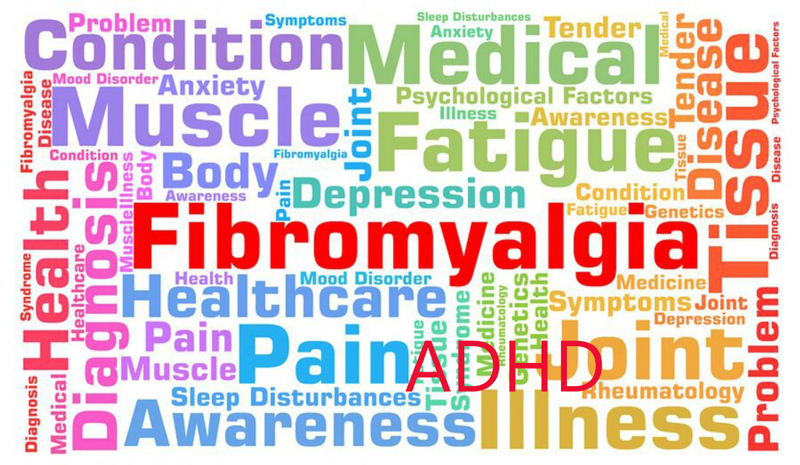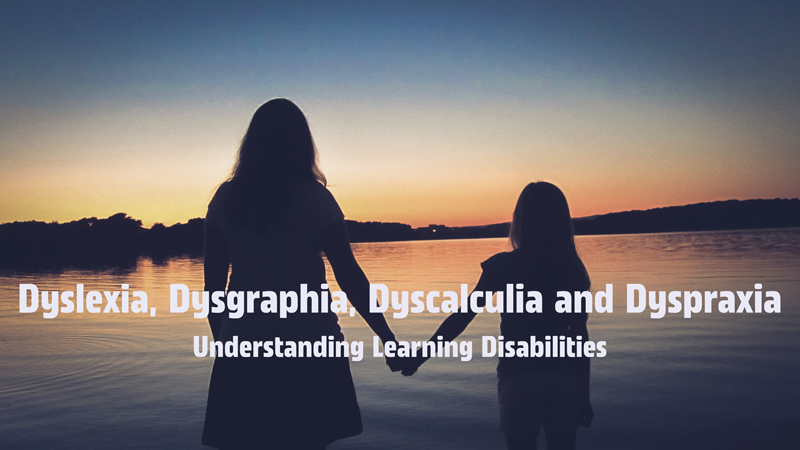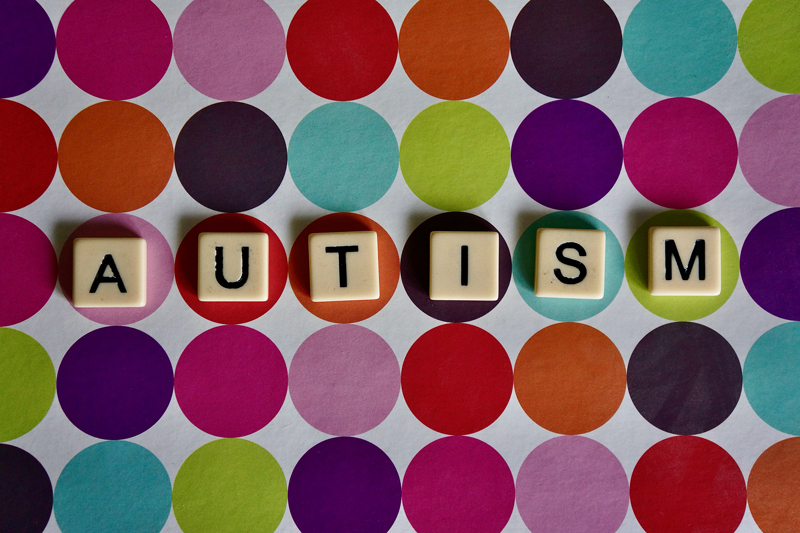Fibromyalgia and ADHD - Connection and Approaches to Treatment
Sept. 8, 2023 #ADHD
Understanding Fibromyalgia
Fibromyalgia is a chronic disorder characterized by widespread pain, fatigue, and tenderness in specific areas of the body. It primarily affects women and is a condition that impacts millions of people worldwide.
Possible Causes of Fibromyalgia
The exact cause of fibromyalgia is still uncertain, though it is believed to stem from a complex combination of factors including:
- Genetic predisposition
- Environmental triggers
- Psychological factors
Recognizing the Symptoms of Fibromyalgia
Fibromyalgia is characterized by a variety of symptoms such as:
- Chronic muscle pain
- Sleep disturbances
- Cognitive difficulties, including memory problems and trouble concentrating
- Increased sensitivity to touch, sound, and light
Living with fibromyalgia can be challenging as the symptoms can significantly impact daily life and overall well-being. Seeking proper diagnosis and treatment is crucial for effectively managing the symptoms.
The Link between Fibromyalgia and ADHD
There is a correlation between fibromyalgia and Attention Deficit Hyperactivity Disorder (ADHD) as individuals with fibromyalgia are more likely to have ADHD.
Fibromyalgia, a chronic disorder characterized by widespread pain, fatigue, and tenderness in specific areas of the body, affects predominantly women. The exact cause remains unknown but is thought to involve genetics, environment, and psychological factors.
ADHD is a neurodevelopmental disorder characterized by symptoms like lack of attention, hyperactivity, and impulsivity. It affects both children and adults. The exact cause of ADHD is also unknown but involves genetics, environment, and neurological factors.
Research has found a correlation between fibromyalgia and ADHD. The presence of fibromyalgia increases the likelihood of also having ADHD compared to the general population. This suggests shared underlying factors or mechanisms contributing to the development of both conditions.
It is important to note that managing symptoms becomes more challenging when dealing with both fibromyalgia and ADHD. Both conditions significantly impact daily life and overall well-being. Therefore, it is necessary to take a comprehensive and individualized approach to address both conditions effectively.
Proper diagnosis involves ruling out other conditions with similar symptoms. Treatment usually includes medication, lifestyle changes, and therapy. For individuals with fibromyalgia and ADHD, developing a treatment plan considering the specific needs and challenges of both conditions is crucial. This may involve appropriate medication and behavioral therapy to improve quality of life and manage symptoms.
Diagnosing and Treating Fibromyalgia
Accurate diagnosis involves ruling out other conditions with similar symptoms.
Diagnosing fibromyalgia can be challenging as there are no specific tests to confirm its presence. Doctors rely on a combination of reported symptoms, physical examination, and ruling out other conditions with similar symptoms. This process includes evaluating medical history, performing a physical examination, and conducting specific laboratory tests to rule out auto-immune disorders and chronic infections.
The treatment generally incorporates medication, lifestyle changes, and therapy.
The goal of treating fibromyalgia is to alleviate the symptoms. This approach usually involves a tailored mult-faceted treatment plan. Options may include:
- Medication: Certain medications, such as pain relievers, antidepressants, and anti-seizure drugs, can help manage fibromyalgia symptoms based on the individual's specific needs.
- Lifestyle changes: Modifying lifestyle habits plays a significant role in symptom management. Regular exercise, stress management techniques, improved sleep hygiene, and maintaining a healthy diet can positively impact fibromyalgia symptoms.
- Therapy: Various types of therapy can be beneficial for people with fibromyalgia. Cognitive-behavioral therapy (CBT) helps individuals develop coping strategies, manage stress, and enhance psychological well-being. Physical therapy aids in pain relief, improved flexibility, and overall physical function.
For individuals with both fibromyalgia and ADHD, an individualized approach incorporating appropriate medication and behavioral therapy is necessary.
Managing fibromyalgia when also dealing with ADHD requires comprehensive and individualized care, considering the specific needs and challenges of both conditions. Treatment may involve a combination of medications suitable for managing fibromyalgia symptoms while considering their impact on ADHD symptoms. Behavioral therapy, including cognitive-behavioral therapy, can help individuals develop strategies for effectively managing both conditions.
Collaboration with healthcare providers is essential for individuals with fibromyalgia and ADHD, to develop a personalized treatment plan. Regular communication, symptom monitoring, and adjustment of the treatment approach as needed can optimize outcomes and improve overall well-being.









COMMENTS